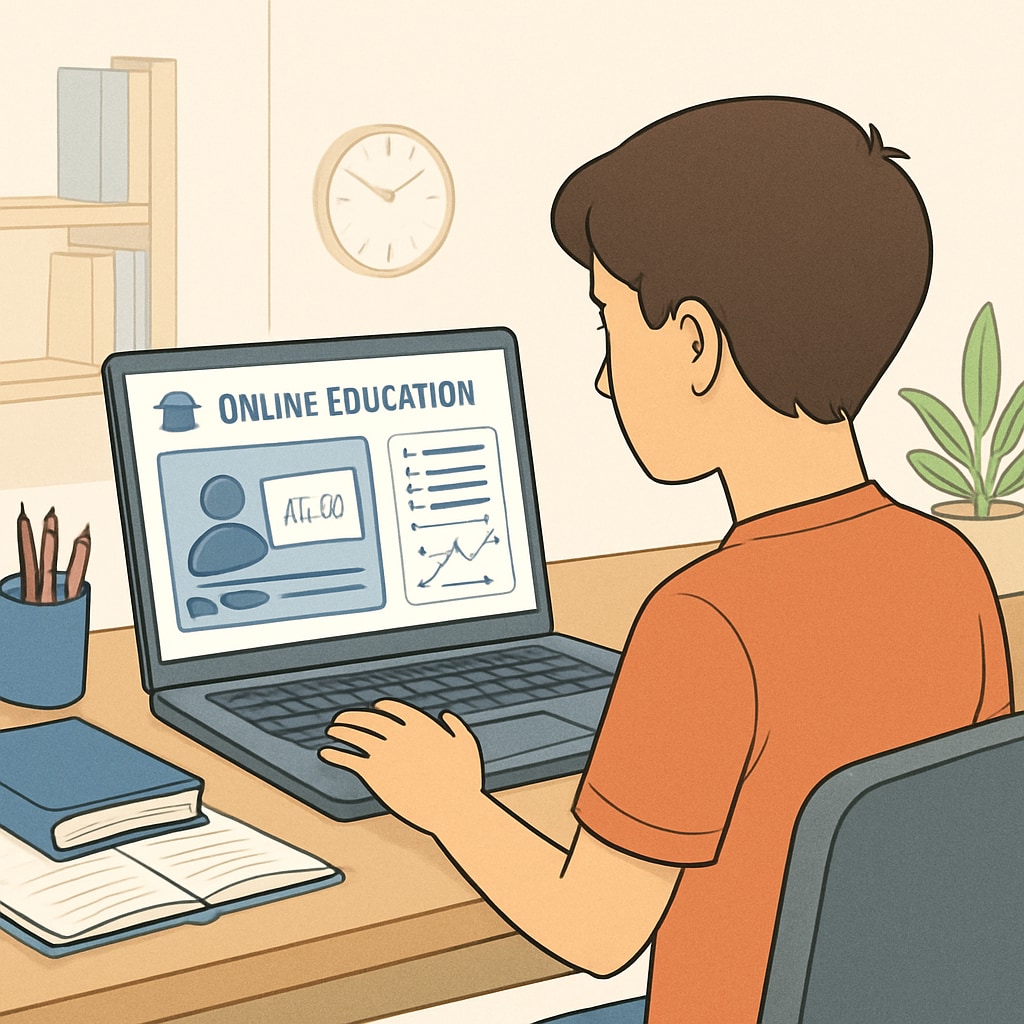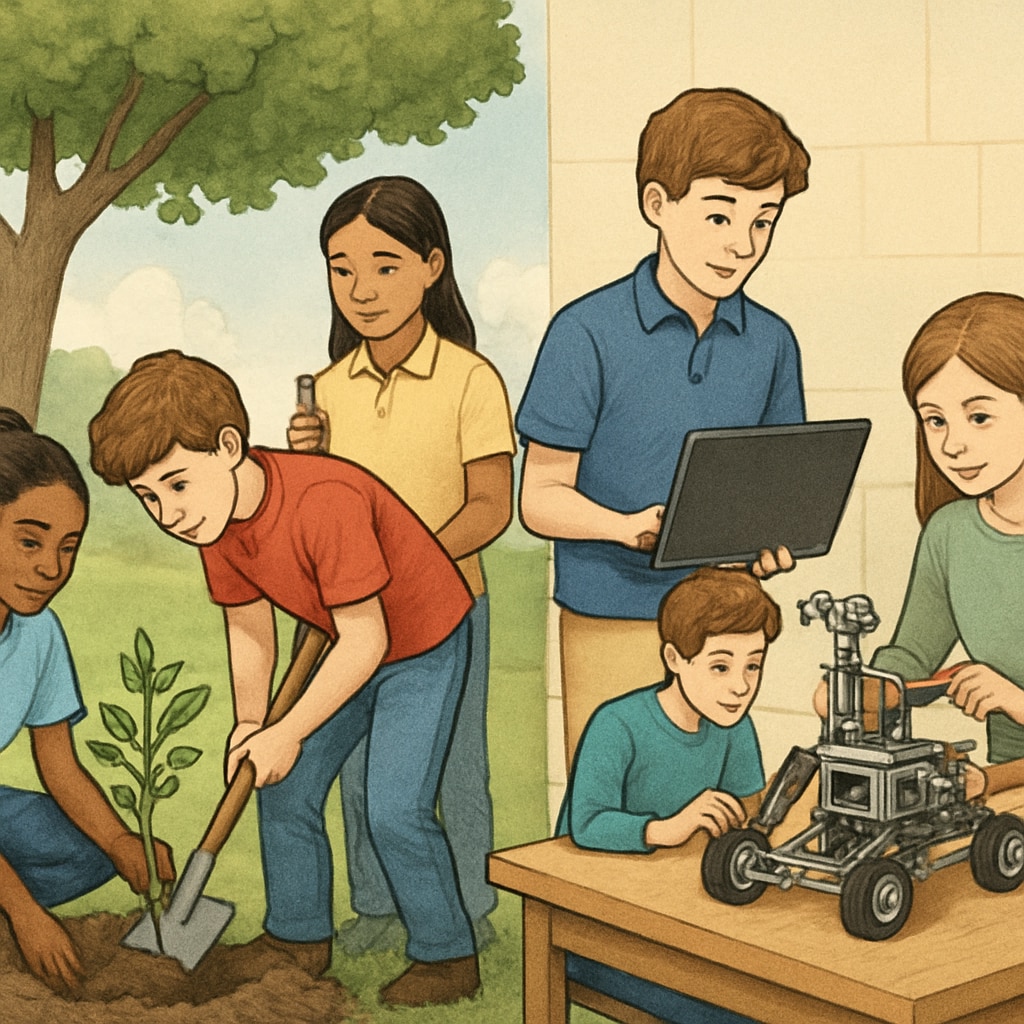For high school students navigating their final academic years, accessing educational courses, extracurricular learning, and diverse resources can be a game-changer. These opportunities offer a critical edge, helping students broaden horizons, develop essential skills, and pave the way for a successful future. In this guide, we’ll explore practical ways to find and utilize these resources, from digital platforms to local initiatives designed to empower young minds.
Online Platforms: Your Gateway to Knowledge
In today’s digital age, numerous online platforms provide free or affordable access to high-quality educational content. These platforms cover a wide range of subjects, from STEM disciplines to humanities, and allow students to learn at their own pace. For example, websites like Khan Academy and Coursera offer courses tailored for high school students. Additionally, these platforms often include interactive lessons, quizzes, and peer discussions to enhance understanding.
- Khan Academy: A free platform offering lessons in math, science, history, and more, with practice exercises and instructional videos.
- Coursera: Provides access to university-level courses, some of which are free, covering diverse topics including coding and creative writing.
- EdX: Another excellent resource for high school students aiming to explore advanced topics or prepare for college.

Community Projects and Local Initiatives
Beyond the virtual world, local community projects and initiatives offer invaluable learning experiences. Many towns and cities host workshops, volunteer programs, or mentorship opportunities tailored for teenagers. These programs not only enhance practical skills but also encourage teamwork, critical thinking, and social responsibility.
For instance, joining a local robotics club or participating in environmental conservation efforts can be highly rewarding. Libraries and community centers are also excellent venues for discovering workshops and seminars. Additionally, many schools collaborate with local businesses to offer internships or career exploration programs.

Extracurricular Learning for Personal Growth
Extracurricular activities are not just about sports or arts; they can include academic clubs, debate teams, or science fairs. These activities provide students with the opportunity to apply classroom knowledge to real-world scenarios. For example, joining a debate team can sharpen critical thinking and public speaking skills, while participating in science fairs nurtures creativity and innovation.
Here are some ideas for meaningful extracurricular learning:
- Academic Clubs: Math or science clubs can deepen subject knowledge while fostering collaboration.
- Volunteer Work: Contributing to local charities or non-profits enhances empathy and leadership abilities.
- Creative Pursuits: Writing workshops, art classes, or theater groups allow students to express themselves creatively.
Preparing for the Future Through Learning Resources
High school is a pivotal time for personal and academic growth. By leveraging educational resources and opportunities outside the classroom, students can develop critical skills that will serve them well in college and beyond. Whether through online platforms, community initiatives, or extracurricular activities, the options are limitless. These experiences not only boost academic performance but also build confidence and resilience.
As a result, students who actively seek out these resources are better equipped to navigate the challenges of higher education and the workforce. Start exploring these opportunities today to accelerate your growth and unlock your full potential.
Readability guidance: Use concise paragraphs and bullet points to summarize key ideas. Include examples and external links for credibility. Maintain a conversational yet professional tone throughout the article.


